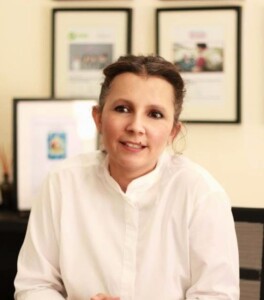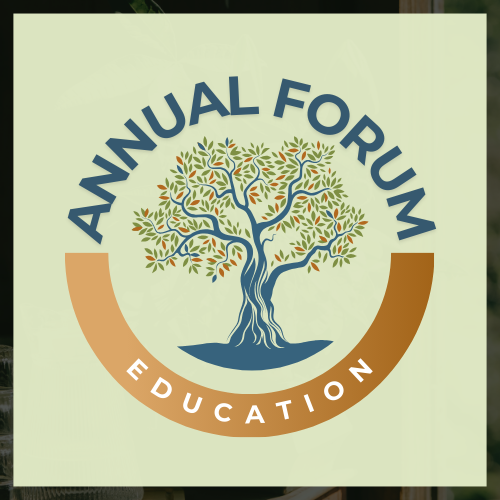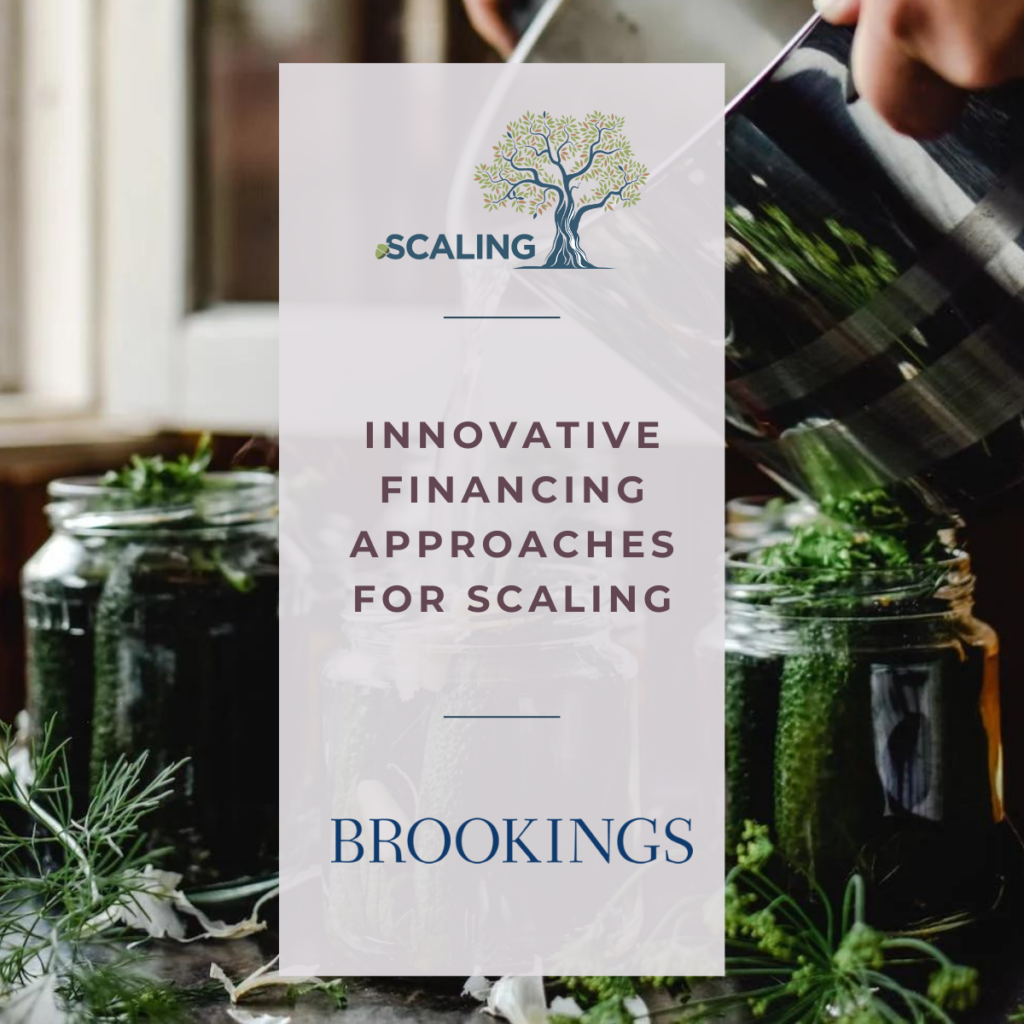Elimu-Soko is pleased to launch the Teaching Innovation Lab, in collaboration with the Gates Foundation. The Lab will pilot and scale evidence-based, cost-effective interventions for teacher training. This won’t be just another initiative; it will be an opportunity to scale evidence-based, cost-effective innovations within public education systems across Africa. The wake-up call: The funding landscape has fundamentally shifted in the last twelve months. With major donors reducing billions in Official Development Assistance (ODA) to education, the era of externally-funded programs ...
Education development stands at a critical crossroads. Official development assistance (ODA) for education is expected to drop by $5 billion, from its record high of $16.6 billion in 2022. While private philanthropy can step in to close some of this gap, its total contribution will need to increase significantly from the current $607 million it spends on education today. Moreover, any increases in education spending will need to compete with other sectors such as health that are also facing similar ...
Since 2009 the Centre for Girls' Education (CGE) in Nigeria has made significant strides in advancing girls’ education, particularly in Northern Nigeria, where cultural and socio-economic barriers often hinder educational access. CGE implements community-based interventions aimed at increasing enrollment and retention among girls ages 4-24. The program's holistic approach—incorporating mentorship, scholarships, and community engagement—has fostered a supportive environment for girls to pursue their education. Notably, initiatives such as the Life Skills component of the Adolescent Girls Initiative for Learning and ...
Description With the 2015 formal approval of the Sustainable Development Goal (SDG) 4.1.1 on education quality, governments are grappling with the most cost effective and sustainable way to measure minimum proficiency levels in reading and mathematics for children in primary and secondary school. A wide array of reading and math testing tools exist, many of which are too expensive for ministries of education to scale at a national level. Moderated by Lisa Slifer-Mbacke, Co-Chair of Education Working Group of the ...
By Fares Georges Khalil, HundrED The process of scaling up education innovations is of increasing importance to both practitioners and researchers who are interested in education transformation. Without scale, it would be difficult to achieve the SDG 4 goals related to attaining inclusive and equitable quality education and promoting lifelong learning opportunities for all. To this end, promising education initiatives are crucial as they aim to improve the relevance and quality of education and to enhance the accessibility and parity ...
Description Resourcing the scaling process is one of the most challenging aspects of scaling up effective education models. This webinar will highlight three examples from the Center for Universal Education’s Real-time Scaling Labs of how innovative partnerships and financing mechanisms were used to provide dependable resources for the middle phase of scaling. This session will start with a brief overview of the role of financing in the middle-phases of scaling, and then presenters will share insights from scaling the National Financial ...








